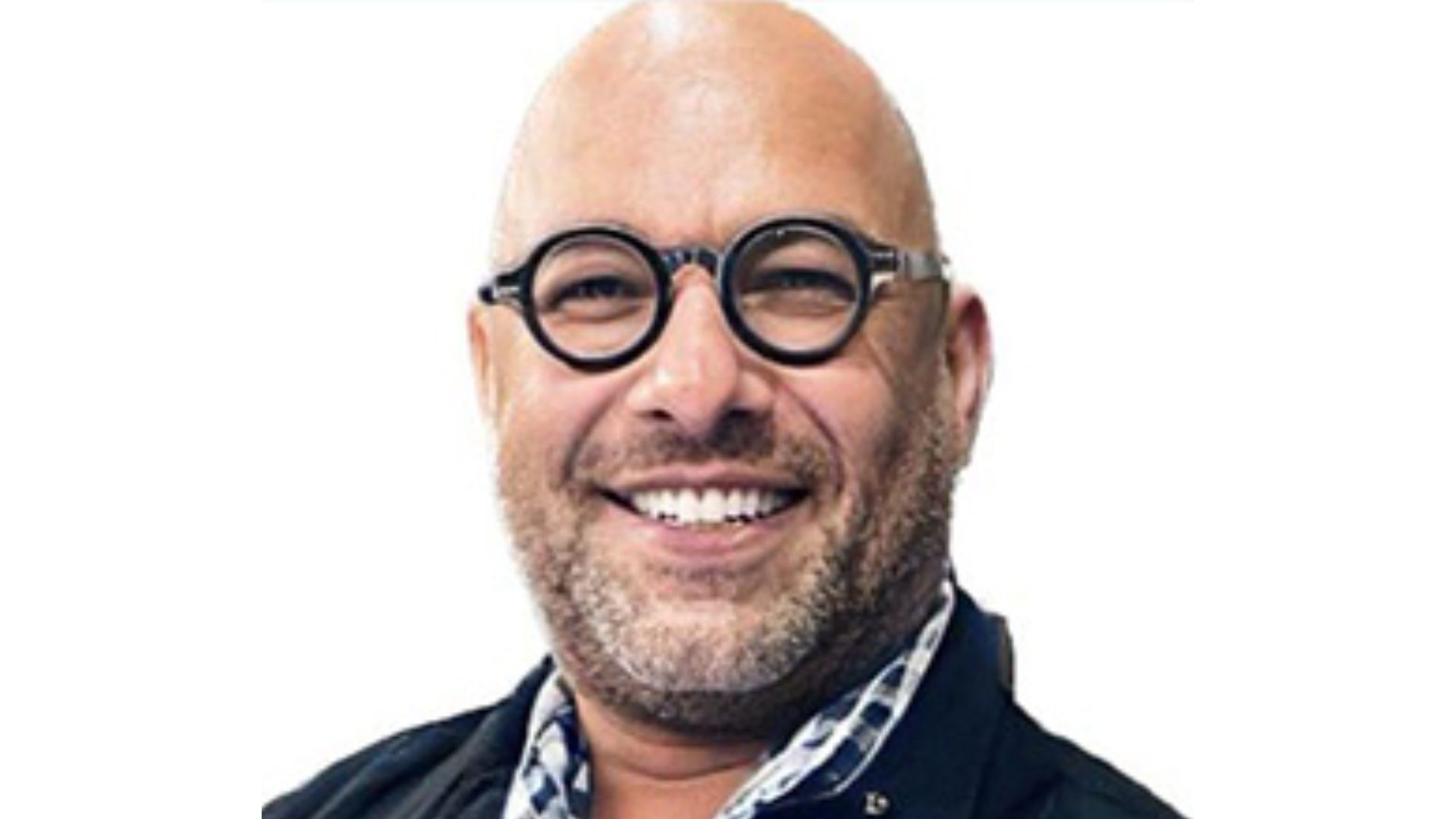Local News
Renowned AI brain-computer interface researcher and former Oxford professor Newton Howard joins Rochester Institute of Technology faculty

Rochester, New York – Rochester Institute of Technology is welcoming a groundbreaking thinker this fall as renowned brain-computer interface expert and former Oxford University professor Newton Howard joins the School of Individualized Study as a professor of practice.
Howard, whose career spans elite academic institutions, military research, and high-tech innovation, is widely known for his pioneering work in quantum biology and neuroscience. With a passion for decoding the human brain and developing technology that can enhance cognitive performance, Howard brings both visionary ideas and practical know-how to his new role at RIT.
Throughout his career, Howard has worked at the intersection of artificial intelligence, neural interfaces, and applied technology. His fascination with the brain’s inner workings has led to the creation of new tools aimed at not just understanding neural activity, but also applying that understanding in ways that can support those affected by neurological conditions. As the founder of ni2o, Inc., he has spearheaded initiatives to boost both cognitive and athletic performance in individuals living with brain-related challenges.
“RIT is a university on the cutting-edge of technology, the arts, and design, and Newton Howard is a perfect representation of our mission and aspirational thinking,” said James Hall, dean of RIT University Studies and executive director of the School of Individualized Study. “We are thrilled that Dr. Howard will share his spirit of innovation and entrepreneurship with our students who are always on the lookout for ways to pursue opportunities to make a positive difference in the world.”
Howard’s track record of taking research from the lab to the real world is notable. He has held key roles in the development of widely used technologies, including wireless hotspots, Google Translate, and Google Earth. His name appears on multiple U.S. patents, and he has presented his research on prominent national and global stages. His academic resume includes posts at Georgetown University, MIT—where he launched the Synthetic Intelligence Lab—and Oxford, where he founded the Computational Neurosciences Lab. He remains a member of Oxford’s academic congregation.
Alongside his scientific work, Howard is deeply involved in humanitarian and defense-related projects. He established The Howard Brain Sciences Foundation, a nonprofit dedicated to advancing neurological research, and C4ADS, a nonprofit think tank focused on analyzing global conflicts and transnational threats using data-driven methods.
This combination of technical brilliance and social impact aligns closely with RIT’s ethos. The university’s Professor of Practice role is specially designed to bring industry leaders and experts into the academic space, giving students direct access to real-world perspectives and groundbreaking developments in their respective fields.
When he arrives on campus this fall, Howard will help strengthen RIT’s partnerships with alumni working in both private companies and government institutions. He will also continue pushing forward his research into neural prosthetics and advanced methods to diagnose and treat brain-related disorders.
As he looks ahead to joining the RIT community, Howard expressed his excitement about the collaborative environment and the opportunity to engage with bright young minds.
“As we work together at RIT, we are not just shaping minds, but shaping the future. The greatest discoveries happen when we embrace the diversity of thought, challenge our assumptions, and learn from one another. I look forward to contributing to a community where both faculty and students are partners in the pursuit of knowledge. It is through genuine interaction, shared insight, and interdisciplinary collaboration that we can create meaningful advancements,” he said.
With Howard on board, RIT strengthens its position at the forefront of innovation in neuroscience, artificial intelligence, and interdisciplinary learning. Students will soon have the opportunity to work alongside a scientist who has not only studied the mind but has helped shape technologies that have changed the world.

-

 Local News12 months ago
Local News12 months agoNew ALDI store close to Rochester to begin construction in late 2025 or early 2026
-

 Local News12 months ago
Local News12 months agoRochester Lilac Festival announces exciting 127th edition headliners
-

 Local News10 months ago
Local News10 months agoCounty Executive Adam Bello and members of the county legislature celebrate exceptional young leaders and advocates at the 2025 Monroe County Youth Awards
-

 Local News10 months ago
Local News10 months agoThe 2025 Public Market Food Truck Rodeo series will begin this Wednesday with live music by the Royal Bromleys